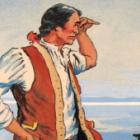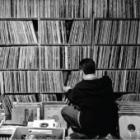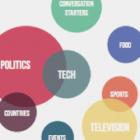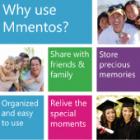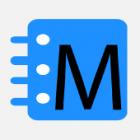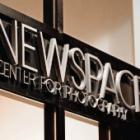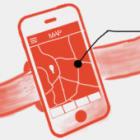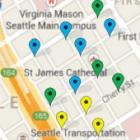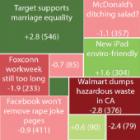
Librarians and Data for Community Discovery: Where's the Disconnect?
CommunityConnect is an interactive application licensed by King County Library System (KCLS) that uses geographic information systems (GIS) technology to map market segmentation data, library circulation data, and census data in order to help librarians pinpoint areas of potential outreach in their communities. However, KCLS administrators determined that librarians have been struggling to apply it at their branches.
We conducted a needs assessment, via an online survey, face-to-face interviews, and observations, to identify the obstacles preventing librarians from successfully using the software. Based on our findings, we produced an in-depth analysis of CommunityConnect’s uses at one KCLS branch to serve as a model for other branches in the future. We also developed a set of recommendations for future training on CommunityConnect.

